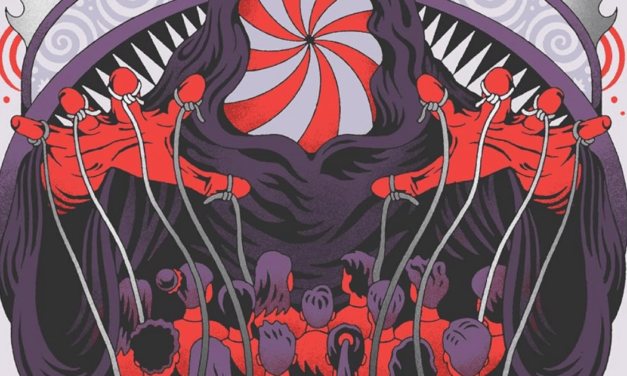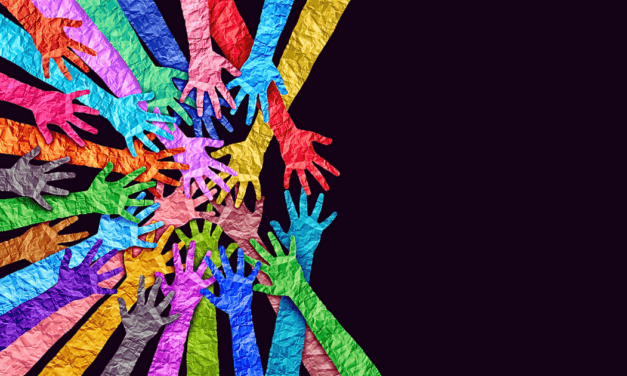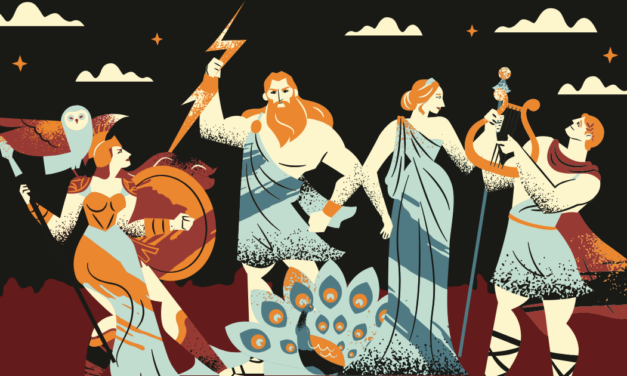Over the last few months I have been hearing more and more about a book titled, The Shack, written by William P. Young, who goes by his middle name, Paul. Although some, like my mother, are profoundly disturbed by its content, others are saying that it is one of the best books they have ever read. After reading a front-page article in the Life section of USA Today and a comment by a colleague, I decided to open the door on The Shack.
First, I must confess that Young’s stereotypical characterization of the Father as a “large beaming African-American woman,”1 the Son as a Jew with a large nose,2 and the Holy Spirit as a mysterious Asian female3 makes me more than a little queasy.
Furthermore, virtually every theological heresy begins with a misconception of the nature of God. The Shack is no exception. After chiding those he believes to have misconceptions about the Trinity, Young proceeds to compromise, confuse, or outright contradict biblical orthodoxy. He pictures the Father bearing crucifixion scars as well as being incarnated in tandem with the Holy Spirit.4 In historic, biblical Christianity only the Son is incarnated and only the Son suffers and dies on the cross.
Moreover, Young pontificates that Jesus “has never drawn upon his nature as God to do anything” (emphasis in original).5 Those who have read through the Bible will immediately recognize the falsity of this statement—particularly with respect to the resurrection. For example, in John’s Gospel Jesus says, “The reason my Father loves me is that I lay down my life—only to take it up again. No one takes it from me, but I lay it down of my own accord. I have authority to lay it down and authority to take it up again. This command I received from my Father” (John 10:17–18 NIV). Equally problematic is the fact that Young negates the notion of functional subordination within the Godhead. As the large beaming African-American woman in Young’s novel explains, the Trinity is “in a circle of relationship, not a chain of Command.…Hierarchy would make no sense among us” (emphasis in original).6 In biblical orthodoxy, however, the incarnate Christ says, “I tell you the truth, the Son can do nothing by himself; He can do only what He sees his Father doing, because whatever the Father does the Son also does” (John 5:19 NIV). Put another way, functional hierarchy is not antithetical to ontological equality.
Finally, Young has Jesus—the Jew with the big nose—declaring, “I’m not a Christian” and “I have no desire to make them [Buddhists, Mormons, Muslims, etc.) Christian.”7 Indeed, Young describes Christians as religious fanatics and part of a sinful world system. In sharp distinction, the followers of Christ adopted the word “Christian” in the midst of suffering and persecution. The apostle Peter, for example, writes, “If you suffer as a Christian, do not be ashamed but praise God that you bear that name” (1 Pet. 4:16 NIV; cf. Acts 11:26).
The fact that The Shack is being touted by those who take the sacred name of Christ upon their lips is a sad commentary on Christian discernment. As has been well said, “If you haven’t read The Shack, don’t.”8 —Hank Hanegraaff
Hank Hanegraaff is host of the Bible Answer Man broadcast heard daily throughout the United States and Canada. For a list of stations airing the Bible Answer Man, or to listen online, log on to www.equip.org.
NOTES
- William P. Young, The Shack (Newberry Park, CA: Windblown Media, 2007), 82.
- See ibid., 111.
- See ibid., 85.
- In The Shack when Mackenzie, the main character, sees the same crucifixion scars on the wrists of Papa (God the Father, as a woman) that are supposed to be on Jesus, Papa responds, “Don’t ever think that what my son chose to do didn’t cost us dearly. Love always leaves a significant mark”; then she concludes, “we were there together” (ibid., 95–96, emphasis in original). Papa also says, “When we three spoke ourself into human existence as the Son of God, we became fully human…we now became flesh and blood” (ibid., 99). In both of these instances the three persons of God are indistinguishable (cf. ibid., 101, 105, 121–22, where the three persons of the Trinity appear to be distinct).
- Papa says, “Although by nature he is fully God, Jesus is fully human and lives as such. While never losing the innate ability to fly, he chooses moment-by-moment to remain grounded.” Papa soon adds, “Although he is also fully God, he has never drawn upon his nature as God to do anything. He has only lived out of his relationship with me, living in the very same manner that I desire to be in relationship with every human being (ibid., 99–100, emphases in original).
- Ibid., 122.
- In The Shack, Jesus declares, “I’m not a Christian,” and then explains, “Those who love me come from every system that exists. They were Buddhists or Mormons, Baptists or Muslims, Democrats, Republicans and many who don’t vote or are not part of any Sunday morning or religious institutions. I have followers who were murderers and many who were self-righteous. Some are bankers and bookies, Americans and Iraqis, Jews and Palestinians. I have no desire to make them Christian, but I do want to join them in their transformation into sons and daughters of my Papa, into my brothers and sisters, into my Beloved” (ibid., 182; see 180–82; cf. 115–27).
- Cathy Lynn Grossmann “‘Shack’ Opens Doors, But Critics Call Book ‘Scripturally Incorrect,’” USA Today, May 29, 2008 online athttp:/www.usatoday.com/news/religion/20-0058-28-theshack_ N.htm, retrieved July 12, 2008.










